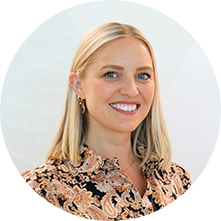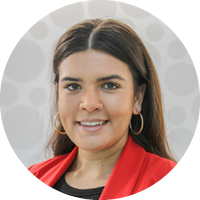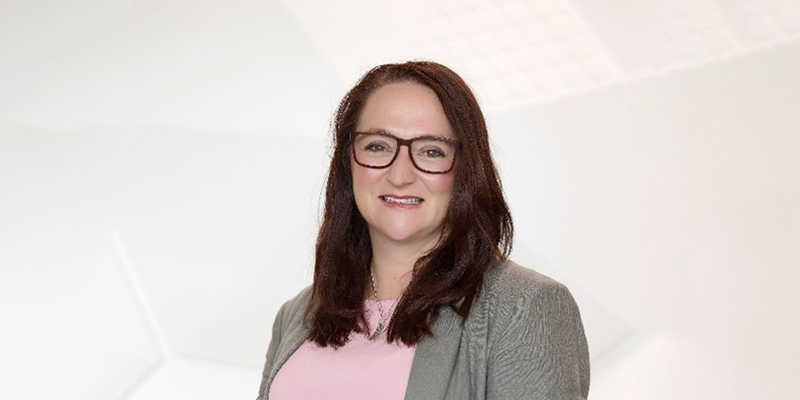First published Tuesday 21 June 2022.
How did you start in child health research?
I started off at the Institute not really knowing what epidemiology was. I did biomedical science and maths at university and then sort of learned a little bit about combining those skills together and understanding patterns of disease, risk factors of disease, and trends. I then found this field of epidemiology, which wasn't taught at an undergraduate level at universities back then.
When I initially came to the Institute, I was working in intellectual disability but then started to go to a few different seminars on infectious diseases and vaccines. I really found my passion when I found out about record linkage – pulling population-based data sets and realising there's some great power when you can pull all of those sets together.
Various areas of life, birth records, pregnancy records, hospital records – when you start to pull them altogether, the data starts to tell a story and that story can tell us about the importance of some infections and how some infectious diseases are increasing, which risk groups that are more apparent and then also understanding what the interventions and prevention measures are.
Tell us more about your particular focus on RSV research?
When I first started looking at acute respiratory infections the rates of RSV were just so much higher than any other respiratory pathogen when talking about hospitalisations in young kids.
That grew my passion for RSV – I found it to be a very interesting virus! There are defined winter peaks of the virus where hospital beds are full of kids with RSV but there is nothing we can really do about it.
A lot of my research has really been about trying to better understand the burden of RSV and now it's really exciting because there's prevention products that are actually in development. There are maternal vaccines for RSV and new injections, called passive immunisation - injecting a monoclonal antibody that could be given to babies shortly after birth. The protection and prevention products are all in late-stage clinical trials around the world so I'm trying to ensure that we have good robust data knowledge and awareness. Once these products become licensed, we can get them into policy and have that policy really effective.
That will make the difference in reducing the burden of these respiratory infections.
What does this Illuminate funding create for you?
The value of the funding will assist to support capacity building and salary support where other funding sources are not meeting the full cost.
Quite often we do a lot of these studies that are underfunded or have little to no funding, so having awards like the Illuminate Awards gives us the opportunity to employ a project support officer or help supplement a salary of a mathematical modeller, who can look at the research and identify some of the questions.
It's that little extra support I can give someone who will benefit my work but also allows them to further develop their skills and actually progress the research, actually get it done!
We have identified some priority projects that need to happen to help progress a global burden of disease assessment, but I can only do so much on my own.
Having the ability to have project support within office hours or as part of someone's salary, can develop common protocols used for research around the world. It's the steppingstone that allows some of these projects to go from just ideas to actual realisation and that’s when things start to happen.
Let’s work together
We are incredibly grateful for gifts at any level and for any duration. We will work with you to build a lasting relationship and ensure your gift is directed to an area of research that matters to you most. Please get in touch with our Philanthropy team today.

Simmone Sharp
Philanthropy Manager - Major Gifts
Email: simmone.sharp@telethonkids.org.au

Patrice Maher
Major Gifts Officer
Phone: +61 8 6319 1102
Email: patrice.maher@telethonkids.org.au

